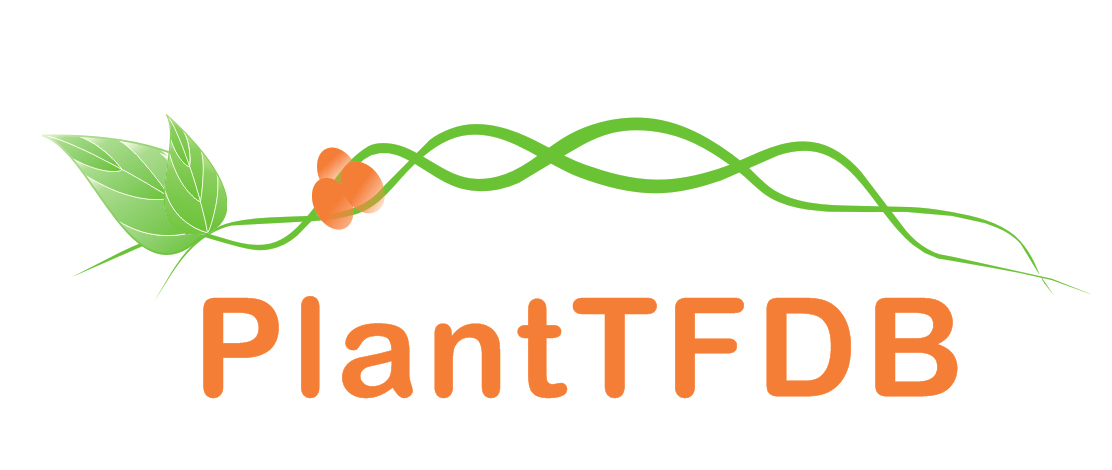 |
PlantRegMap/PlantTFDB v5.0
Plant Transcription
Factor Database
|
| Home TFext BLAST Prediction Download Help About Links PlantRegMap |
| Species | TF ID | Description |
|---|---|---|
| PHT97654.1 | Nin-like family protein | |
| PHT97655.1 | Nin-like family protein | |
| PHT98131.1 | Nin-like family protein | |
| PHT99052.1 | Nin-like family protein | |
| PHT99053.1 | Nin-like family protein | |
| PHT99054.1 | Nin-like family protein | |
| PHT99055.1 | Nin-like family protein | |
| PHT99904.1 | Nin-like family protein | |
| PHU05953.1 | Nin-like family protein | |
| PHU07601.1 | Nin-like family protein | |
| PHU08478.1 | Nin-like family protein | |
| PHU08874.1 | Nin-like family protein | |
| PHU10764.1 | Nin-like family protein | |
| PHU20082.1 | Nin-like family protein | |
| PHU21081.1 | Nin-like family protein | |
| PHU21431.1 | Nin-like family protein | |
| PHU23285.1 | Nin-like family protein | |
| PHU24078.1 | Nin-like family protein | |
| PHU27946.1 | Nin-like family protein | |
| PHU28106.1 | Nin-like family protein |
Nodule inception initially relies on cell competence in a narrow infection zone located just behind the growing root tip. Older nodules then regulate the number of nodules on a root system by suppressing the development of nodule primordia. Nin (for nodule inception) is required for the formation of infection threads and the initiation of primordia. NIN protein has regional similarity to transcription factors, and the predicted DNA-binding/dimerization domain identifies and typifies a consensus motif conserved in plant proteins with a function in nitrogen-controlled development.
The nitrogen regulation of nodule organogenesis and Chlamydomonas gametogenesis together with the conserved domain embedding the RWP-RK motif of NIN and Mid indicate that this domain is involved in the regulation of genes controlled by nitrogen status. Because the conserved domain was found only in proteins from algae and higher plants, this class of regulator proteins probably evolved after the common ancestor of algae and plants diverged from the other eukaryotes.
Schauser L, Roussis A, Stiller J, Stougaard J.
A plant regulator controlling development of symbiotic root nodules
Nature. 1999 Nov 11;402(6758):191-5.
PMID: 10647012



